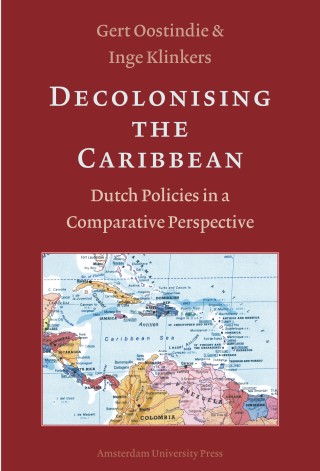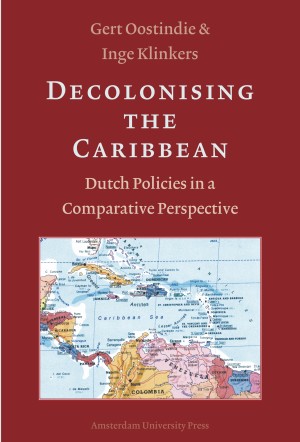Front Cover - 1
Table of Contents - 6
Acknowledgements - 8
Introduction - 10
1. The Comparative Context: Fragmentation of the British West Indies and the Remnants of Empire - 18
The Colonial Period - 18
The Failure of the West Indian Federation - 21
Re-engagement: The Overseas Territories - 25
2. The Comparative Context: The French départements d'outre-mer, Grandeur and Civilisation at a Price - 30
The Colonial Period - 31
Decolonisation through Integration - 33
Assimilation à la française - 37
3. The Comparative Context: Puerto Rico and the U.S. Virgin Islands, Deadlocks in American Geopolitics - 43
The Commonwealth of Puerto Rico - 44
Puerto Rico’s Status Debate - 49
The U.S.Virgin Islands: Unincorporated Territory - 54
4. Dutch Rule in the Caribbean up until 1940: Careless Colonialism - 58
Failed Exploitation - 58
Colonial Administration - 61
Cultural Divides - 63
5. The Dismantling of the Dutch Empire, 1940-1954 - 65
World War II, Powerless Dutch Colonialism and the Atlantic Charter - 66
In the Shadow of Indonesia - 70
The Round-Table Conferences - 77
The Charter of the Kingdom of the Netherlands, 1954 - 85
6. The Failed Attempt at Model Decolonisation, 1954-1975 - 90
Exploring the Charter’s Margins - 93
Turning Point: The 1969 Curaçao Revolt - 97
Negotiating the Independence of Suriname - 103
The Antillean Refusal - 117
7. The Perpetuation of the Transatlantic Kingdom since 1975 - 119
The Aruban Status Aparte - 122
A New Dutch Agenda for the 1990s - 132
Deadlocks and the Margins of Autonomy - 141
Into the Twenty-First Century - 146
8. Illusions and Benefits of ‘Reciprocal Assistance’: Development Aid - 154
Towards Structural Aid, 1954-1975 - 158
Aid to the Antilles and Aruba since 1975: Structural or Finite? - 164
AComparative Perspective - 173
9.A Caribbean Exodus – 177 - 178
Prelude, 1954-1973 - 181
The Independence of Suriname and the Exodus, 1973-1980 - 184
The Antillean Exodus of the 1990s - 190
A Comparative Perspective - 195
10. Cultural Exchange, Proximity and Distance - 202
Dutch Passport, Dutch Language? - 203
Reciprocal Cultural Exchange? - 208
A Comparative Perspective - 213
11. Epilogue - 216
Dutch Caribbean Decolonisation in a Nutshell - 218
Caribbean Decolonisation: a Tentative Balance Sheet - 221
What Kind of Kingdom? - 225
The Future - 230
Notes - 235
Bibliography - 271
Indexes - 285

